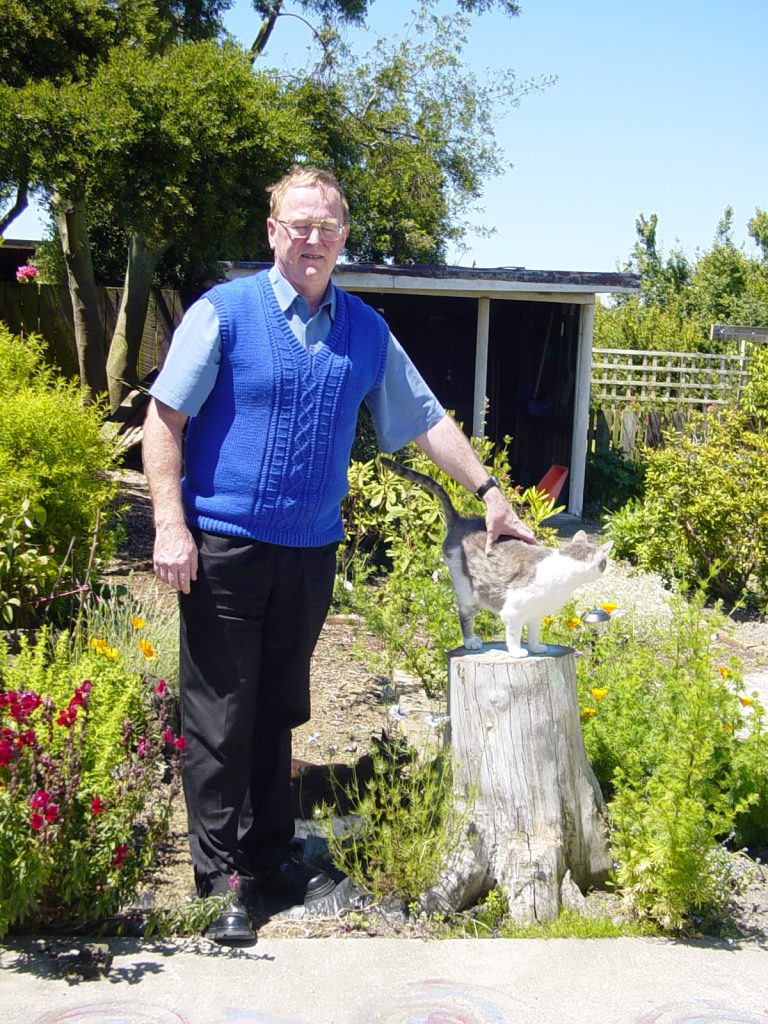Welcome to the Eagle Inspiration series. I hope you find the readings thought-provoking and inspiring. Please enjoy.
Success could be yours with a few personality tweaks, according to new research.
Cambridge dictionary says a highflyer is someone who has a lot of ability and a strong wish to be successful and is therefore expected to achieve a lot
You undoubtedly know people, who seem to be able to succeed at almost anything they attempt. At work, they move quickly up the ladder. In their personal lives, they appear to outdo the competition at everything from baking contests to fitness challenges.
It seems they are just unusually lucky because they believe that you work just as hard, if not harder, throw yourself completely into any hobby or casual sport you engage in, and still don’t reap the rewards you feel you are due.

According to new research on the ingredients of success in the workplace, it may be your personality, rather than your abilities, that needs ramping up.
University College of London’s Alexandra Teodorescu and colleagues (2017) decided to investigate the potential of personality traits to predict who would maximize their potential on the job. In an earlier study, UCL’s Ian MacRae and Norwegian Business School’s Adrian Furnham (2014) developed the High Potential Traits Inventory (HPTI) to measure people’s personality traits relevant to the workplace.
Previous researchers used a standard personality measure, the NEO-PI-R, which assesses the Five-Factor traits of neuroticism, extraversion, openness to experience, conscientiousness, and agreeableness.
Teodorescu et al. predicted that conscientiousness would remain highly related to career success, as you might expect, but that other features of personality not assessed by the NEO-PI-R would also come into play. These other features include acceptance of ambiguity, competitiveness, and another trait they label as “courage.”
Acceptance of ambiguity requires explanation: In many work situations, you’re faced with ambiguity. Your boss may not always communicate clearly exactly what’s required for successful job completion—either in terms of deadlines or outcomes.
Perhaps your boss isn’t all that good at setting goals or is distracted by pressure from his or her own higher-ups. In non-work settings, ambiguity is also an issue: The organizer of a community event, for example, may fail to set a clear fundraising goal, leaving you and your fellow volunteers with uncertainty about what is considered a successful outcome.

Whatever the setting is, defining your own markers for success can become just as important, or even more important, than reaching ones that are externally set.
To measure subjectively rated success, the research team asked participants to indicate how successful they felt in general, whether they felt satisfied with the promotions they were receiving, and whether they felt successful in their actual jobs. For measuring objective success, the researchers collected information on income, time since last pay raise, and time since last promotion.
The 383 adults in the study, with a mean age of 40, were working professionals in international companies. Their mean income was about $90,000. In general, HPTI scores were more highly related to subjective and objective success, although the correlations were moderately positively related to income.
From these findings, Teodorescu and her colleagues believe that the HPTI did a reasonably good job of identifying high-potential employees, even though some of the measures of success were not perfect.
What’s new about the UK-Norwegian study is the finding that it takes more than just hard work and willingness to put in the time and effort to the job to be a “highflyer.” Conscientiousness predicts the lion’s share of the extent to which people feel, and are, successful.
However, to achieve up to the maximum of your potential, you also need to be able to deal with ambiguity by making up your own standards when the exact specs aren’t presented to you.
Additionally, you need to be reasonably even-tempered, while at the same time enjoying the challenge of competition.
Now, think about how you could apply these findings to your own ability to fly high in your own work and other endeavors. You do have to be willing to put in time and effort by boosting your conscientiousness. You can’t fake your way to greatness.

Even though it might appear that the attention-grabbing self-promoters in your company or community group have gained the most acclaim, such external trappings are not likely to lead to actual success, even as measured by how well they think they’re doing.
Enjoying competition, on the other hand, seems to help boost the high flying to greater heights. That maxim, “if you don’t shoot, you can’t score,” seems to apply. If you’re afraid to put your abilities to the test, you’ll never learn whether you could achieve them.
The next time that one slot opens for a promotion or a chairperson position, don’t hold yourself back; just go for it. You may not win that opportunity, but you’ll set yourself up for later ones that you might win. By applying for promotions, leadership positions, or awards, you’ll also make it easier the next time, because you’re now primed and ready to apply.
Finally, the ability to accept uncertainty seems to go along with the high-flying mentality, as shown in the Teodorescu. By pushing yourself to strive for poorly defined, but achievable, outcomes, you’ll dig down deep into your reserve of abilities and may even surprise yourself with what you’re capable of doing. Maybe you didn’t realize that you could grow a decent orchid that’s good enough to enter into a garden show. Maybe your apple pie is a bit ragged around the edges, but its outstanding taste brings appreciative responses from the judges. If it’s a contest in which each entry is judged on its own merits, you might end up taking home the prize, or at least produce results that will guide you the next time you compete.
In summary, highflyers may not always succeed, but the act of flying may bring them to greater personal heights than they thought were achievable. You don’t need a personality transplant to become a highflyer, but by learning from those who are, you can maximize your own fulfillment the next time a new opportunity comes your way.
Fly High. Be inspired by Eagles.
For more blogs, please visit www.NicksDigitalSolutions.com and choose Nick’s blog
For E-Learning material, please visit www.NicksDigitalSolutions.com and choose the E-Learning shop (in particular, Pathways to Success).
Nick Thorne is the founder of Nick’s Digital Solutions Limited. He lives in Levin, New Zealand.

Nick Thorne performs a Cat Scan
